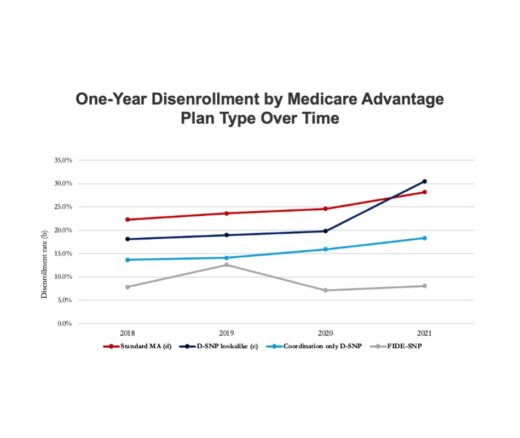
The Unseen Fallout of Abortion Bans
How Threatened Reproductive Rights Pushed More Pennsylvanians Toward Sterilization
Blog Post
Pregnancy affects more than just a patient’s body: Up to 70% of people who are pregnant for the first time suffer from some form of pregnancy-related anxiety by the third trimester. Anxiety during this time is detrimental not just to the person carrying the pregnancy, but also to their child, as it increases the odds of early birth, low birthweight, and long-term developmental and mental health problems. This problem has become even more notable post-pandemic, as mental health needs have increased among pregnant patients.
While a variety of interventions to decrease pregnancy-related anxiety exist, there are problems in accessing them. For example, attending in-person programs may pose challenges related to transportation, childcare, or taking time off from work. Additionally, these programs have mostly been studied in high-income, low-risk patient populations, meaning that even if disadvantaged groups could access these programs, they might not get the same benefit.
To test if an online intervention could help decrease pregnancy-related anxiety, LDI Senior Fellows Rebecca Hamm, Lisa Levine, and colleagues gave patients access to Birthly, an online education platform about birthing, breastfeeding, and newborn care. They specifically focused on vulnerable patient populations: lower income patients and those with medical or mental health challenges.
They found that patients who received online education in addition to standard prenatal education reported significantly lower anxiety scale scores during their third trimester. In particular, they had fewer concerns with body image; less worry about themselves, their babies, and their delivery providers; and less generalized anxiety. These patients also made fewer visits to the emergency room, were more likely to breastfeed at delivery, and reported that they were satisfied with their childbirth education.
These results have important implications for patients and payers. Currently, patients often pay for online education programs out of pocket without an option for insurance coverage. Online programs also require internet access, which may limit access for lower income patients. Given that underinsured and under-resourced patients are at a higher risk for perinatal anxiety, policymakers and insurers should consider coverage of evidence-based online consumer facing programs. As the researchers explained, these services may also make financial sense for payers, especially because patients that received online education made significantly fewer unscheduled emergency triage visits.
The study, “An Interactive Childbirth Education Platform to Improve Pregnancy-Related Anxiety: A Randomized Trial,” was published on April 11, 2023 in the American Journal of Obstetrics and Gynecology. Authors include Kelly Zafman, Melissa Riegel, Lisa Levine, and Rebecca Hamm.


How Threatened Reproductive Rights Pushed More Pennsylvanians Toward Sterilization

Abortion Restrictions Can Backfire, Pushing Families to End Pregnancies

They Reduce Coverage, Not Costs, History Shows. Smarter Incentives Would Encourage the Private Sector
Research Brief: Less Than 1% of Clinical Practices Provide 80% of Outpatient Services for Dually Eligible Individuals

New Findings Highlight the Value of 12-Month Eligibility in Reducing Care Gaps and Paperwork Burdens

Chart of the Day: Fully Integrated D-SNPs Kept These Vulnerable Patients Enrolled, a New Study Finds